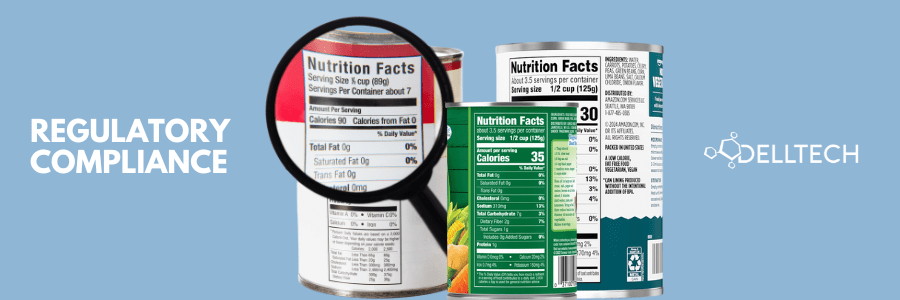By: Sarah D’Mello, SENIOR PRODUCT SAFETY SPECIALIST, email
The Government of Canada has issued a public advisory the associated risks with water beads. These small beads also known as jelly beads, sensory beads or orb bead, can absorb 1 500 times their size when placed in water. They are found in a range of products such as toys, stress balls and art kits.
Water beads are often dyed bright colours resembling candy, which can be misleading to children. If ingested, water beads can continue to grow potentially cause intestinal or bowel obstruction. The small size also makes it easy for children to insert them in their ears or nose.
There have been several incidents according to Health Canada involving children who have ingested water beads and required surgical mediation. From June 20, 2011, to January 31, 2023, Health Canada’s Consumer Product Safety Program received 6 reports related to water beads, 3 of which resulted in injuries, including one severe case.
In the United States, the National Electronic Injury Surveillance System (NEISS) recorded 248 incidents of water bead ingestion from January 1, 2017, to November 22, 2022.
If you suspect that your child has ingested a water bead, it is important to call the Canadian Poison Centre hot line at 1-844-POISON-X (Quebec residents should call 1-800-463-5060 to reach the Centre antipoison du Quebec). For more information about the public advisory, visit the official Government of Canada website.
[INSERT_ELEMENTOR id=5883]
Dell Tech has provided professional, confidential consulting services to the specialty chemical
industry in Canada, the USA, Europe, and Asia for the last 40 years.
Contact us today for more information.
www.delltech.com




